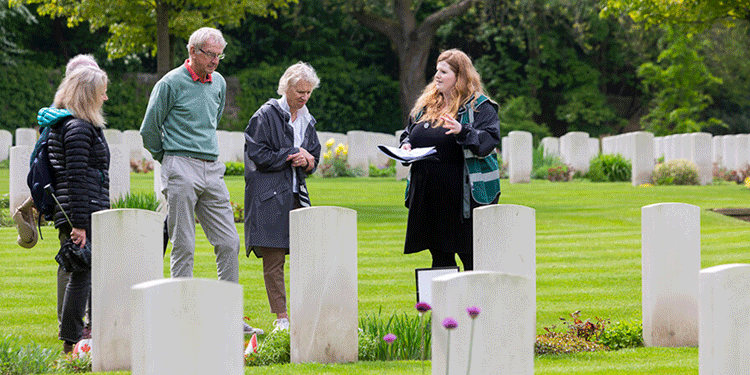

Boy 1st Class J/38262 John Gilbert Eyres, HMS Black Prince...
...was born 1898, at Runcorn, Cheshire, the fourth son of Alfred Eyres and Ruth nee Ellis .
The 1901 census finds Alfred with his family at 130 Warrington Road, Widnes. Alfred (senior) aged 32 was an engine fitter born at Northwich, Cheshire. Ruth aged 32 was born at Crewe. Children recorded are William aged 9, born at Crewe; Alfred aged 7, Ruth aged 6, and Archie aged 4, all born at Northwich; John aged 2 born at Runcorn and Frank aged “0”, born at Widnes.
By 1911 the family were at 55 Halton View Road, Widnes. Alfred (senior) is now a fitter at a chemical works, married to Ruth; the couple have been married for twenty years and had produced twelve children, all surviving infancy. Children recorded are Alfred is a labourer in an iron works making drains; Alfred is a boiler maker; Archibald is a “farm labour on farm”; John, Frank. New to the family - Thomas aged 8, born Manchester, and Frederick aged 6, Samuel aged 5, Jeanette aged 3 and Christopher aged 8 months all born Widnes.
He was educated at Warrington Road School and attended St Ambrose Church and Sunday School. At the age of 16, he went to work in the Cooper’s shop at the Vine works, and afterwards went to Messrs Southwoods for two years as a shop assistant.
HMS Black Prince at the Battle of Jutland
HMS Black Prince was a Duke of Edinburgh Class armoured cruiser launched in 1904, with a main armament of 6x9.2 inch guns. Upon the outbreak of war the ship was in the Mediterranean before returning home to become part of the 1st Cruiser Squadron.
The Black Prince was present at the Battle of Jutland on the 31st May/1st of June 1916. The cruiser squadron was tasked with sailing ahead of the grand fleet to act as a screening force.
At 17.42 on the 31st of May, the cruisers came into contact with the German fleet and Black Prince lost contact with the rest of the squadron. No positive sightings were subsequently made after that although a signal was received from her at 20.45 reporting a submarine sighting and a destroyer did report seeing a large ship on fire which was later thought to have been the Black Prince.
That the Black Prince was sunk by enemy action is however in no doubt. The German account of the sinking states that Black Prince briefly engaged the German battleship Rheinland at about 23:35, scoring two hits with 6-inch shells.
Having lost contact with the rest of the British fleet, Black Prince approached the German fleet just after midnight, it seems in the belief that the ships were friendly. No doubt realising the mistake she turned away from the German battleships, but it was too late. The German battleship Thüringen fixed Black Prince in her searchlights and opened fire. At least five other German ships, including the battleships Nassau, Ostfriesland, and Friedrich der Grosse, joined in the bombardment, against which the Black Prince was hopelessly outnumbered and outgunned at almost point blank range (a mile or less). The ship was hit by at least twelve heavy shells and several smaller ones, and sank in less than fifteen minutes.
There were no survivors from her crew of 857. One of whom was Boy 1st Class J/38262 John Gilbert Eyres, he has no known grave and is remembered on the Plymouth Naval Memorial which lists 23,187 names of those who have no known grave.
Weekly News 16th June 1916 reports upon “More losses in the Naval Battle”, and includes John Eyres, who is mentioned under the sub heading “Anticipating his birthday before Battle” (which was on the 13th of June). Amongst other points regarding him, the paper notes that - 'in April 1915, John joined the Royal Navy and spent six months at the training ship HMS Powerful at Devonport before going aboard the Black Prince. He loved the sea and his ambition was to become a Gunner and was due home on leave at the end of June.' The paper notes that Mr and Mrs Eyres had lost two sons in the service of their country “and have still nine sons and three daughters. Their second son Sapper Alfred Eyres West Lancs RE died on the 7th of February last as a result if disease contracted at Gallipoli and is buried at Widnes. Their eldest son Sapper William Eyres of the West Lancs RE had dysentery at the Dardanelles, came home in September and is now in "Carnavon" (Caernarvon)"


